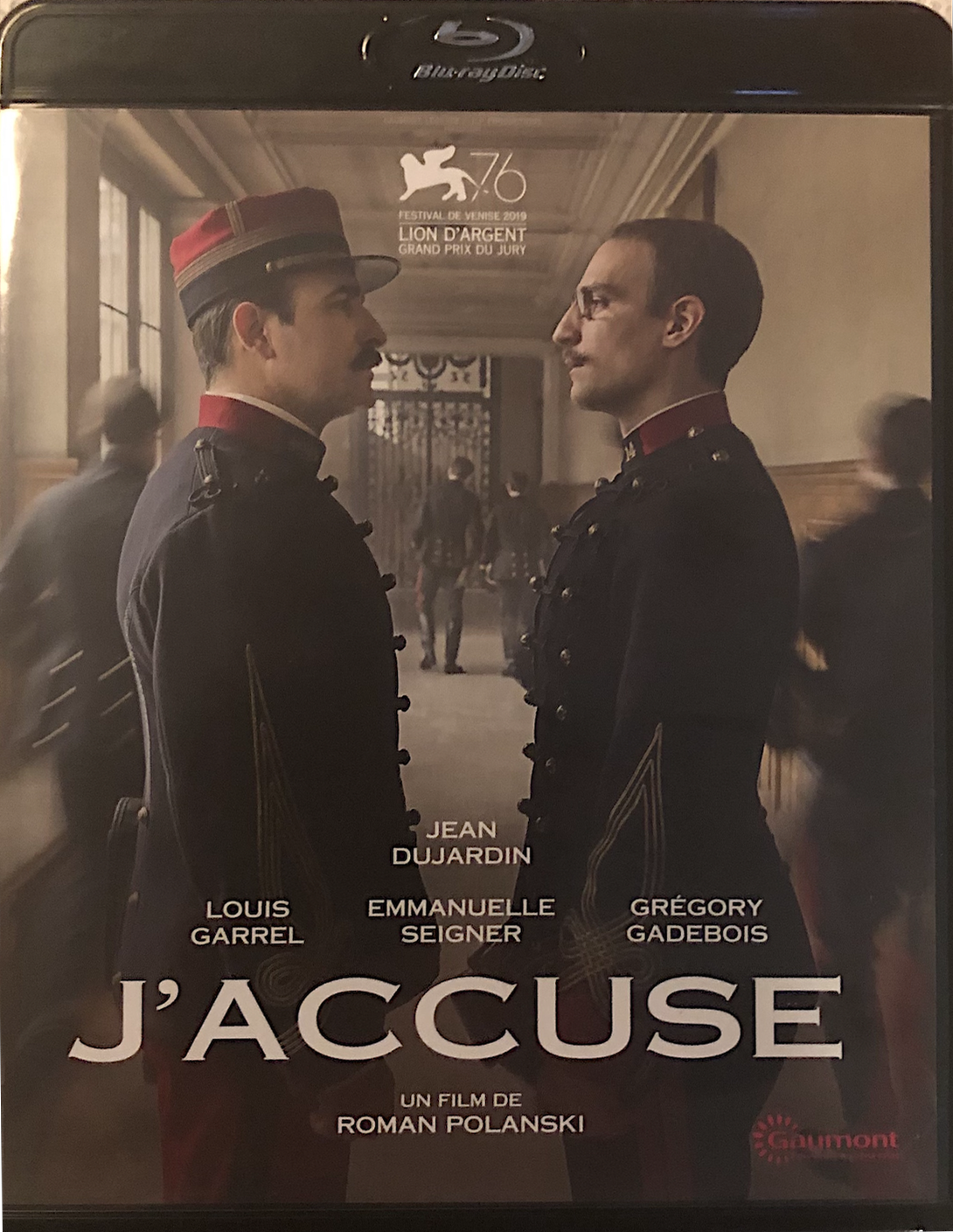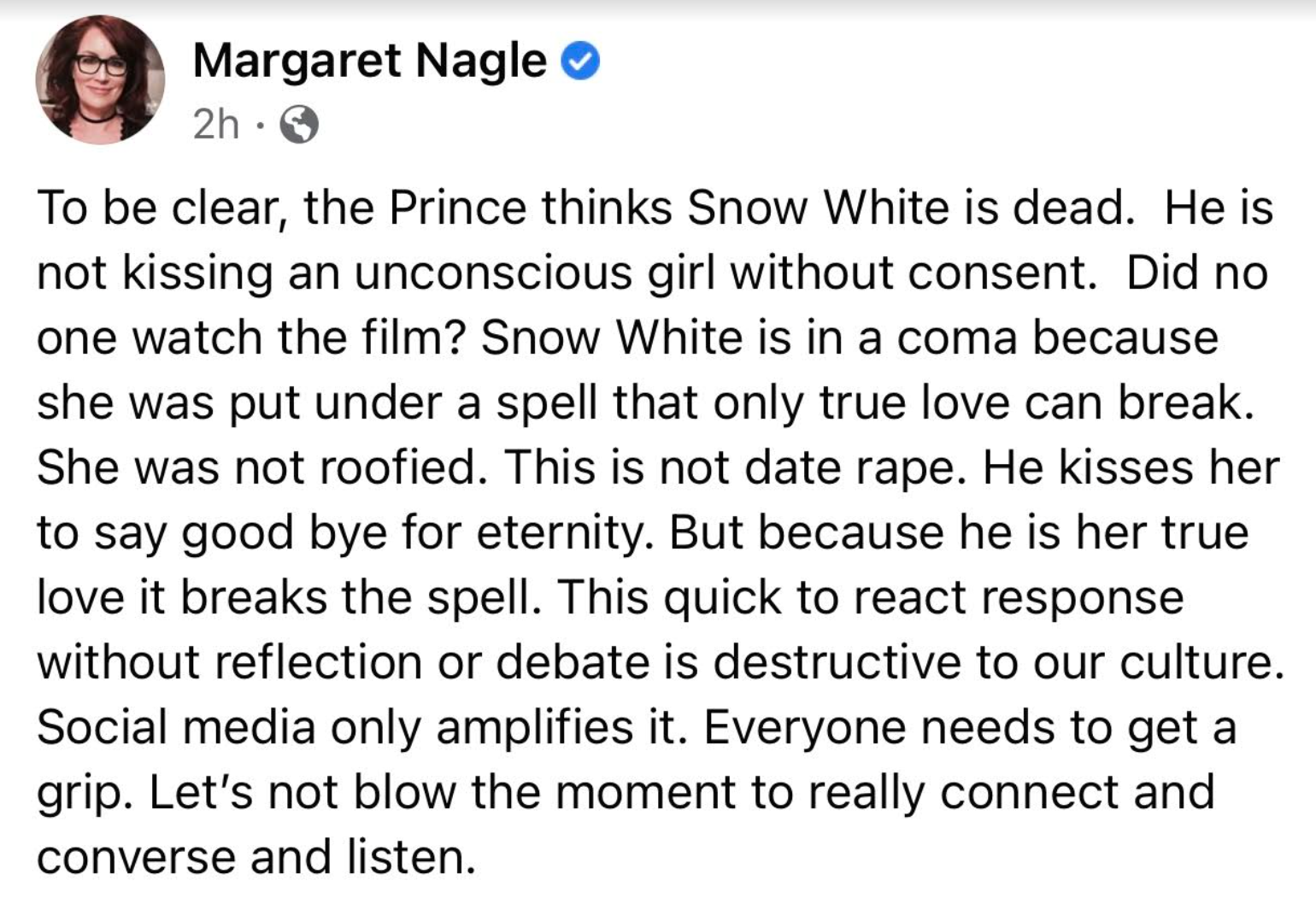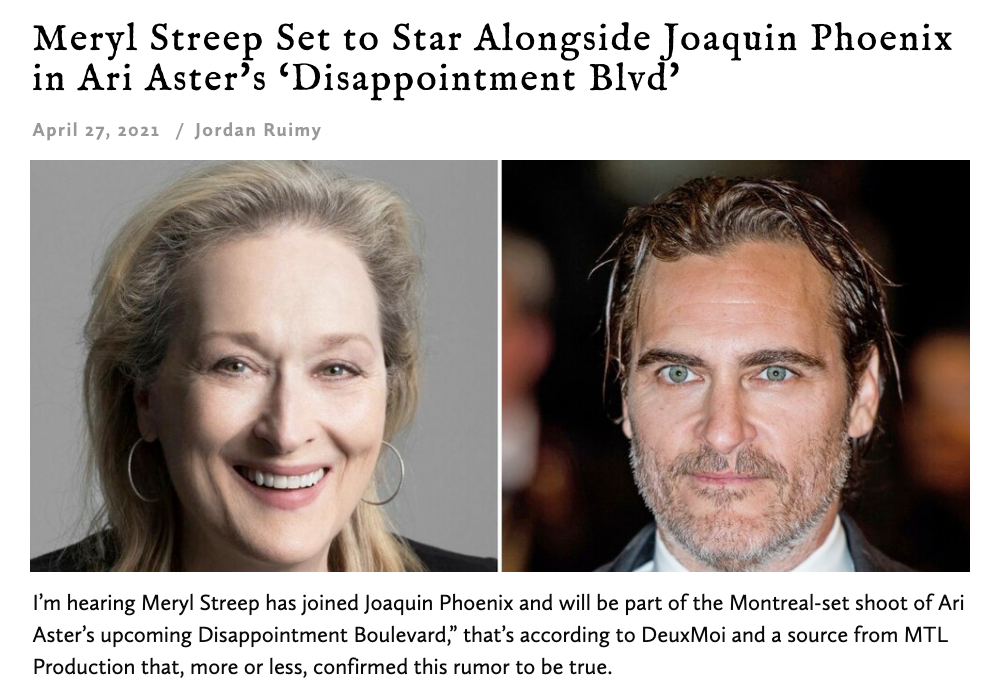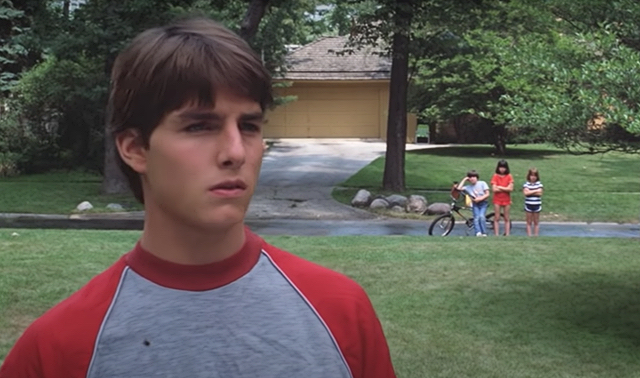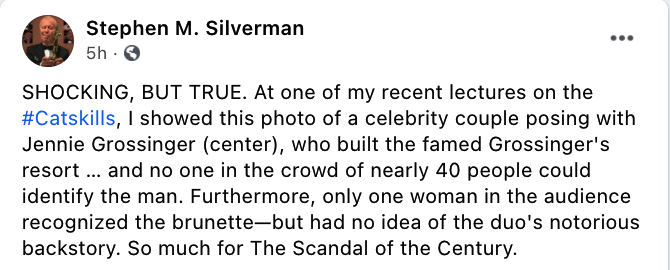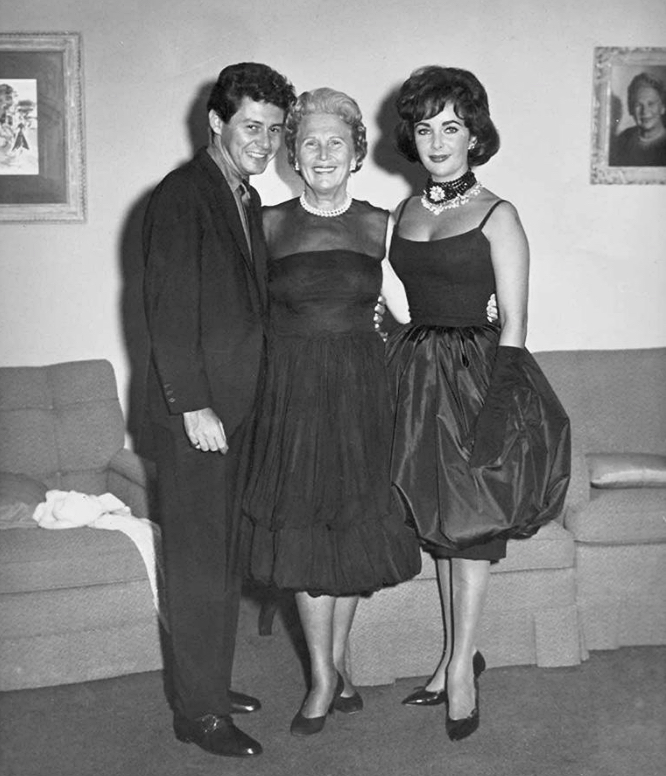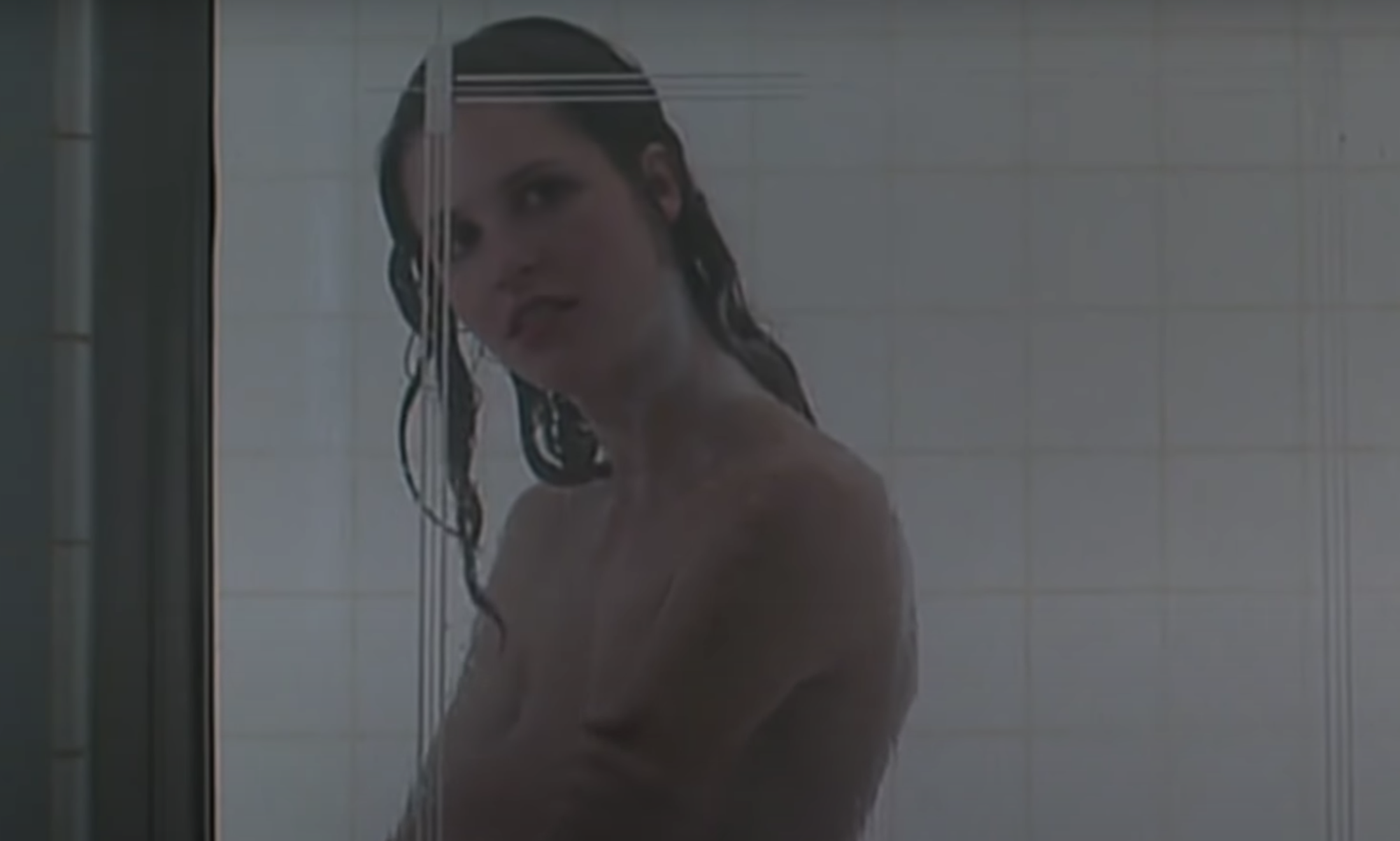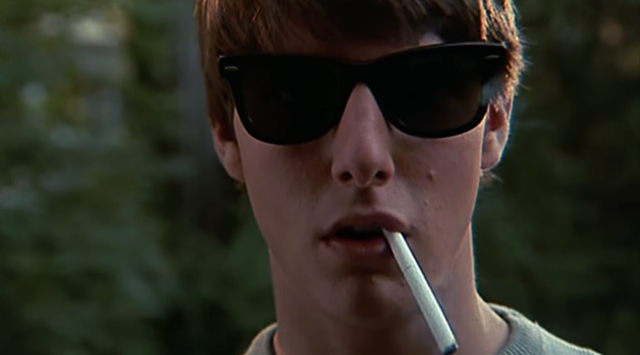Nine or ten days ago I ordered a Region B Gaumont Bluray of Roman Polanski‘s J’Accuse. Alas, without English subtitles. An hour ago I popped it in. Before today I’d only seen an Italian-dubbed version with English subs, a 720p pirate torrent. Now I’ve finally seen and heard it properly…in French, 1080p, needle-sharp focus, softly lighted like a film shot during the actual Belle Epoque, perfectly timed and balanced. Watching it with French subtitles helps, although I’d love to see an English-friendly version someday.
It’s Polanski’s fifth masterpiece in the wake of Repulsion, Rosemary’s Baby, Chinatown and The Pianist, and the 21st Century’s answer to Paths of Glory (by way of a good detective yarn). Please read Robert Koehler’s perceptive review in a Summer 2020 edition of Cineaste.
